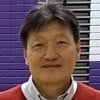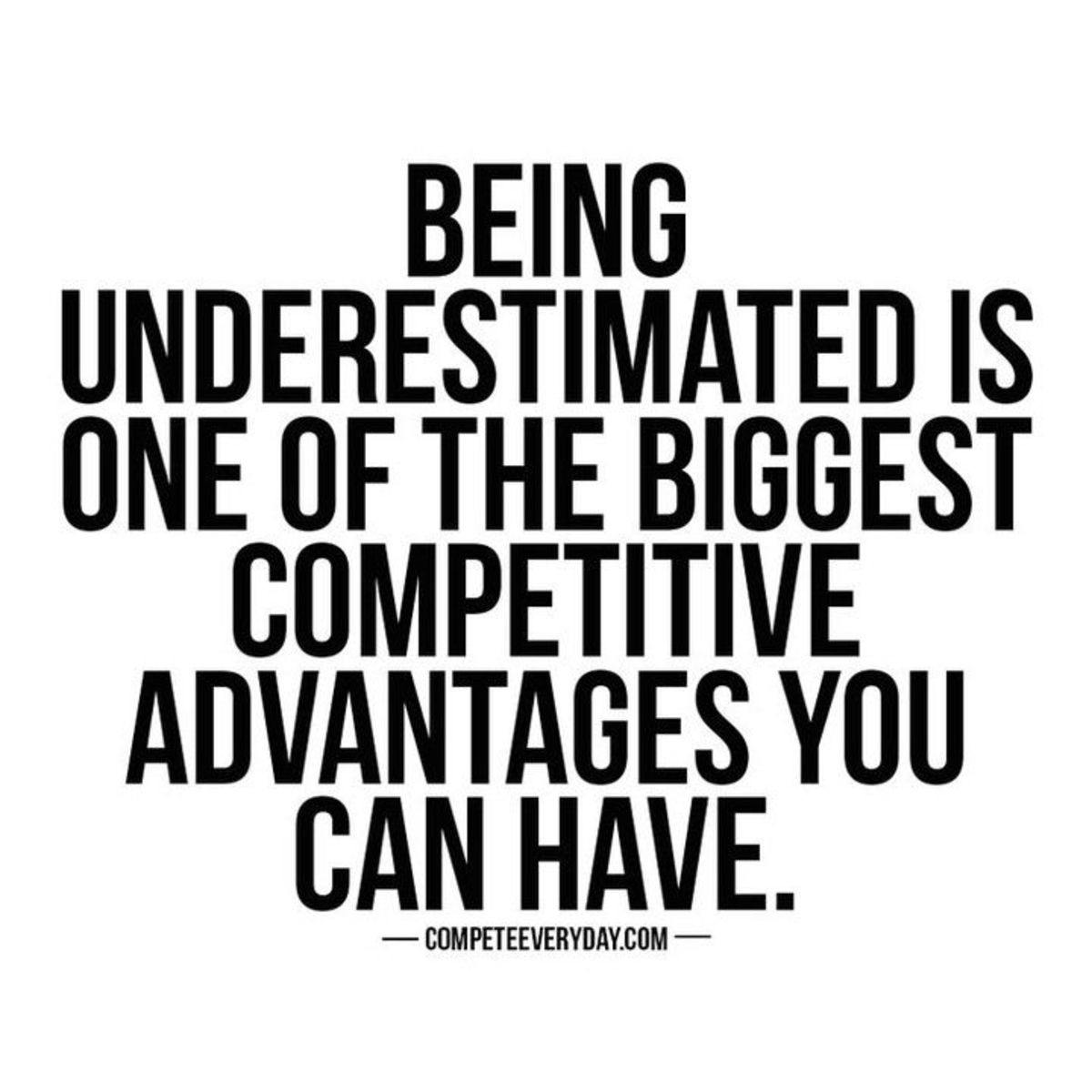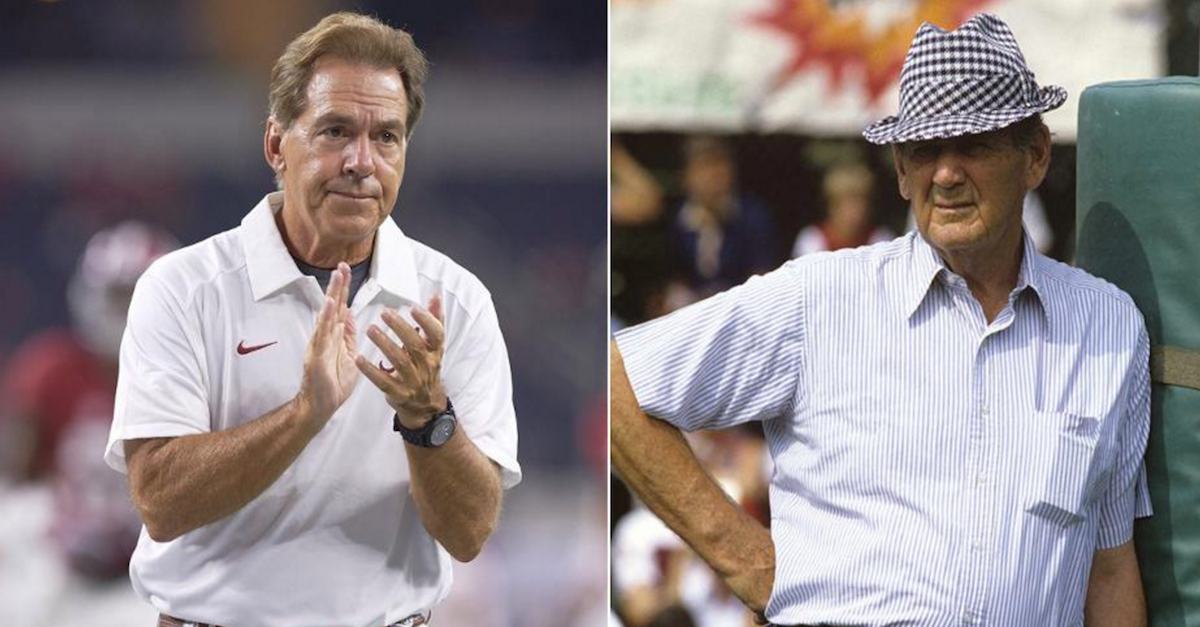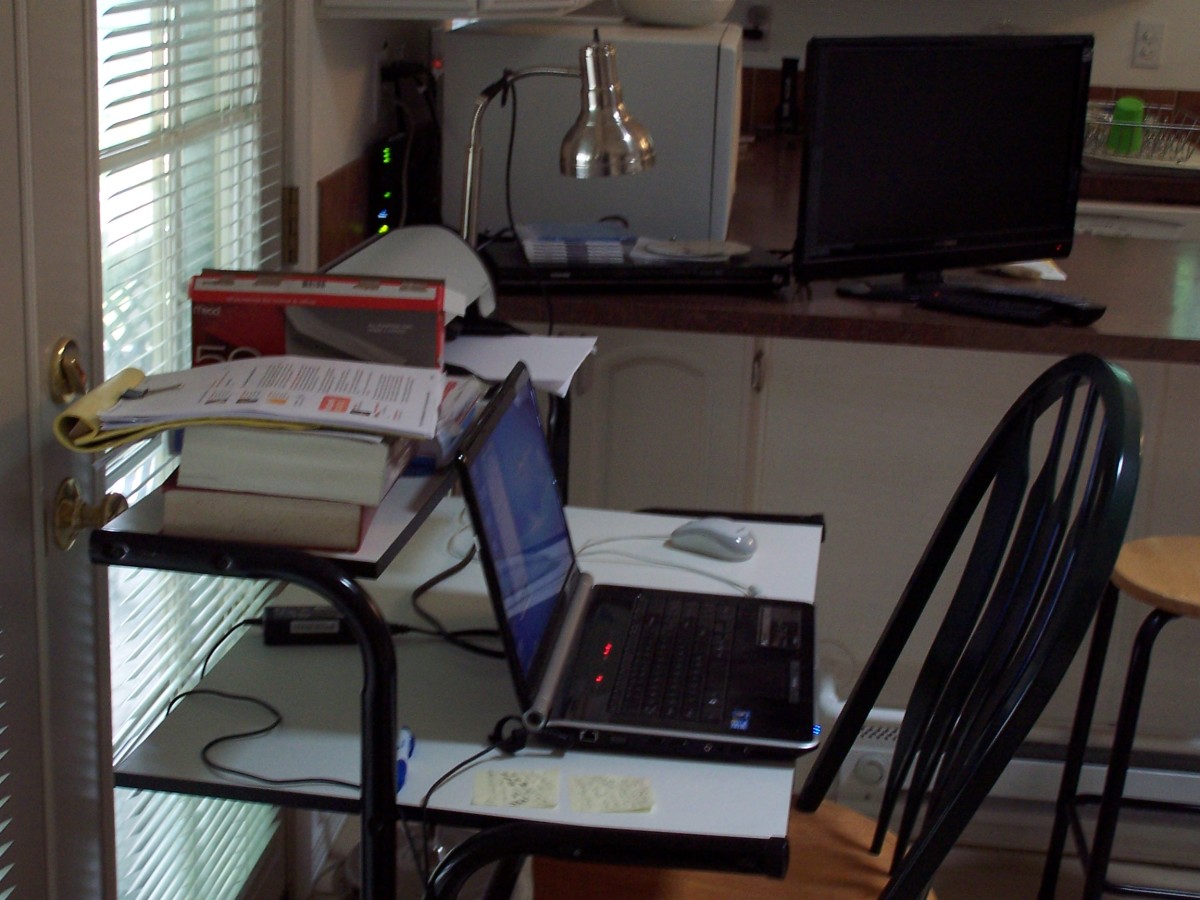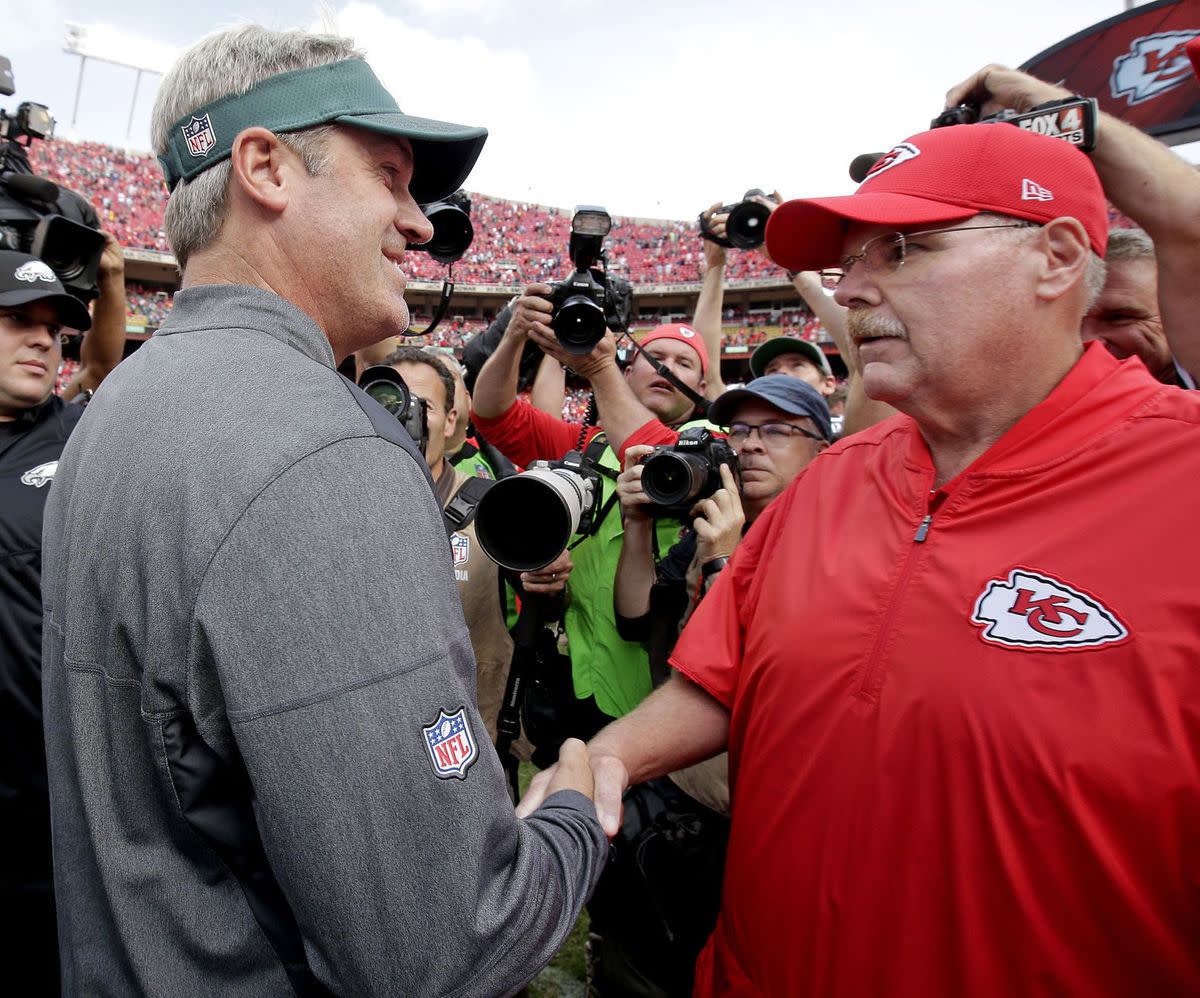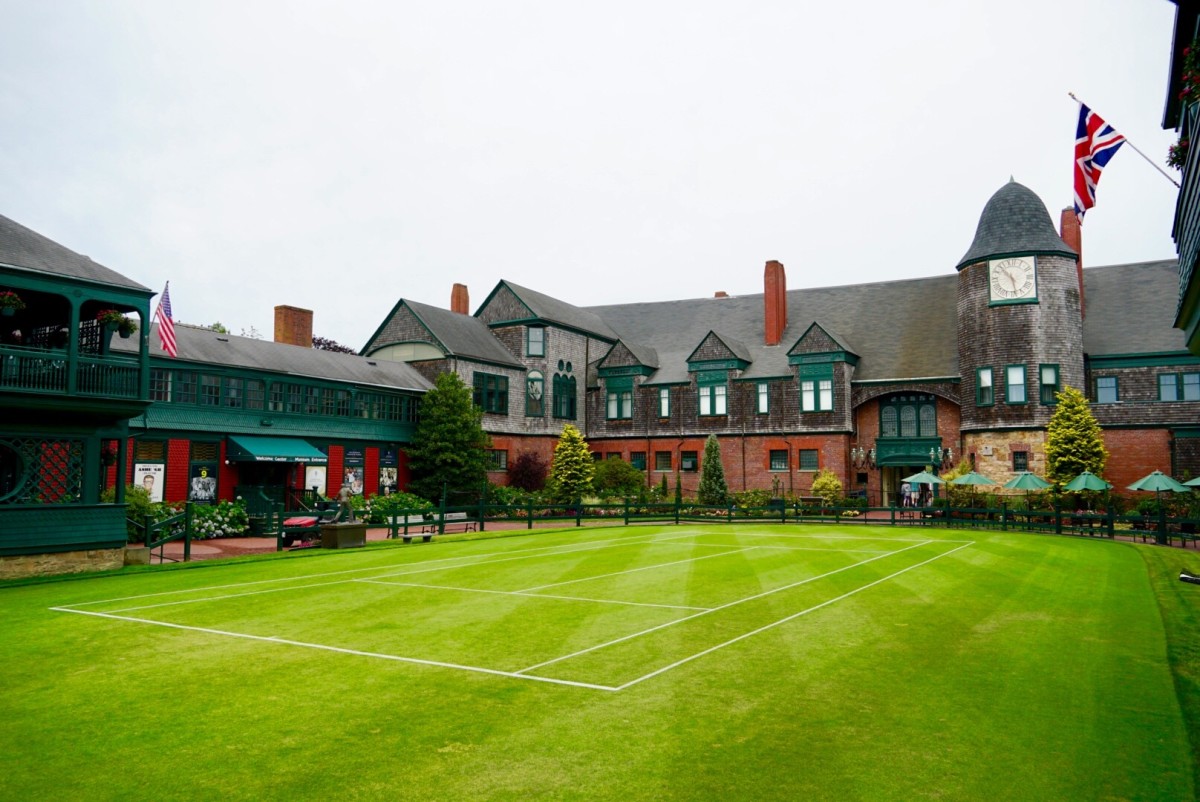Introduction to Fencing 115
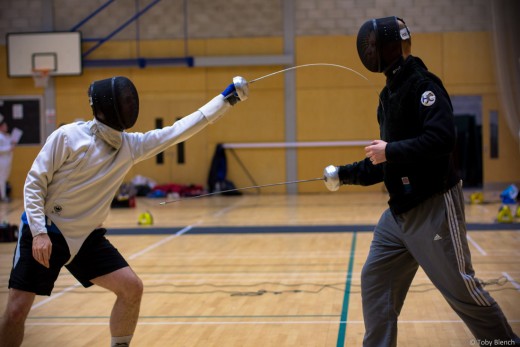
Introduction
I was very lucky to have some great coaches in my early fencing career. As it turned out, they are a rare breed. There are many coaches in clubs and schools. However, only a small number can be called great. What makes a coach great have little to do with how great a fencer or competitor he or she was. Some execellent fencers cannot teach. They are great competitors due to their unique skills and physique. They are able to take advantage of that combination.
- Apr. 2018
Background
I have been thinking about coaching in general and how it is applied in fencing. First of all, fencing is an odd sport. It is an individual sport, meaning one on one competition. It is also a team sport in High School and Colleges. It is also an olympic event of individuals and teams. It is also one of the five event that makes up the Pentathlon competition.
In most sports, a coach teaches the skills necessary to succeed. For example, in tennis, a coach will work on a persons back hand or volley or the serve as components of a well rounded game. In advanced competition, there is strategy and tactics and various techniques against a particular opponent. They study videos of opponents and look for patterns and see how best to counter act them and win.
Finally, there is training and discipline to make sure a person is in the top of his game and physically fit and have build up stamina and mental toughness to compete at the highest level.
The Levels of Coaching...
There are various levels of coaching. As a beginner, you might get group lessons in a setting of 10 people or so. Here, you learn the basic moves and actions. You are then paired up to practice the simple moves.
In the next level, you receive individual lessons that last about 20 minutes. Here, the coach will work with you on point control, timing, distance, attacks and stops...
The goal here is to practice a particular move such that it becomes almost second nature. Almost like practicing the piano where your fingers learn the notes to play in a particular sequence. After practicing repeatedly, your brain does not have to be engaged and you can play from memory. It is the same concept in practicing a particular move in fencing. The coach‘s job is to correct your posture, and movements and provide you with the timing and target that simulate a real bout. When repeated a few times, your muscles and brain becomes ”trained” to react in a particular way. The hope is during a real bout, when the opportunity arises, you will be able to execute the same move and score. Of course, everyone knows a practice lesson is not like the real thing. The opponent will not give you a target so easily. The bout will consist of back and forth with various exchanges that are no way close to an action performed during a lesson. Never the less, the benefit is to know the timing and distance of an exchange. It is also a good way to limit your actions to the minimal necessary. You are training to be more efficient in your actions. Not making unnecessary movements that can detract from your goal and winning touch.
Highest Level
On a higher level of coaching, it is expected that a coach will provide some strategies to improve your odds of winning. There are some tactics and strategies that can be taught that will improve your chances of scoring. Link playing chess, you can think ahead and plan your moves a few steps ahead. This is referred to as a setup. You set up your opponent to perform an action that you anticipate. Once he falls for that action and comits, you are able to counteract the move and score. It sounds simple but execution is not so easy. That is where coaching can make a difference. A top coach will recognize your strength and weaknesses. He can watch you perform against different opponents and offer suggestions as to how to vary your game and win. Somethings this even works against a stronger and better ranked opponent.
Summary
Just to stress the point, a good fencer may not be a good coach. It is important to find a coach that matches your own style. You may have to try a few before settling on a coach. Some clubs have more than one coaches of each weapon. You can also learn by watching a coach giving lessons to other students. A good coach will vary the lesson depending on the capability of the student. A coach can also help during a competition. This is called strip coaching. In a competion of 10 touch bouts, there is a rest period after three minutes. In this case, a coach can observe what the opponent is doing and communicate to the student in order to change his strategy. Often, the competitor is not aware of what is happening and is just too focused on his own game. A simple change in tactic can help reverse a loosing bout. A good coach can spot the problem and offer a possible solution.
